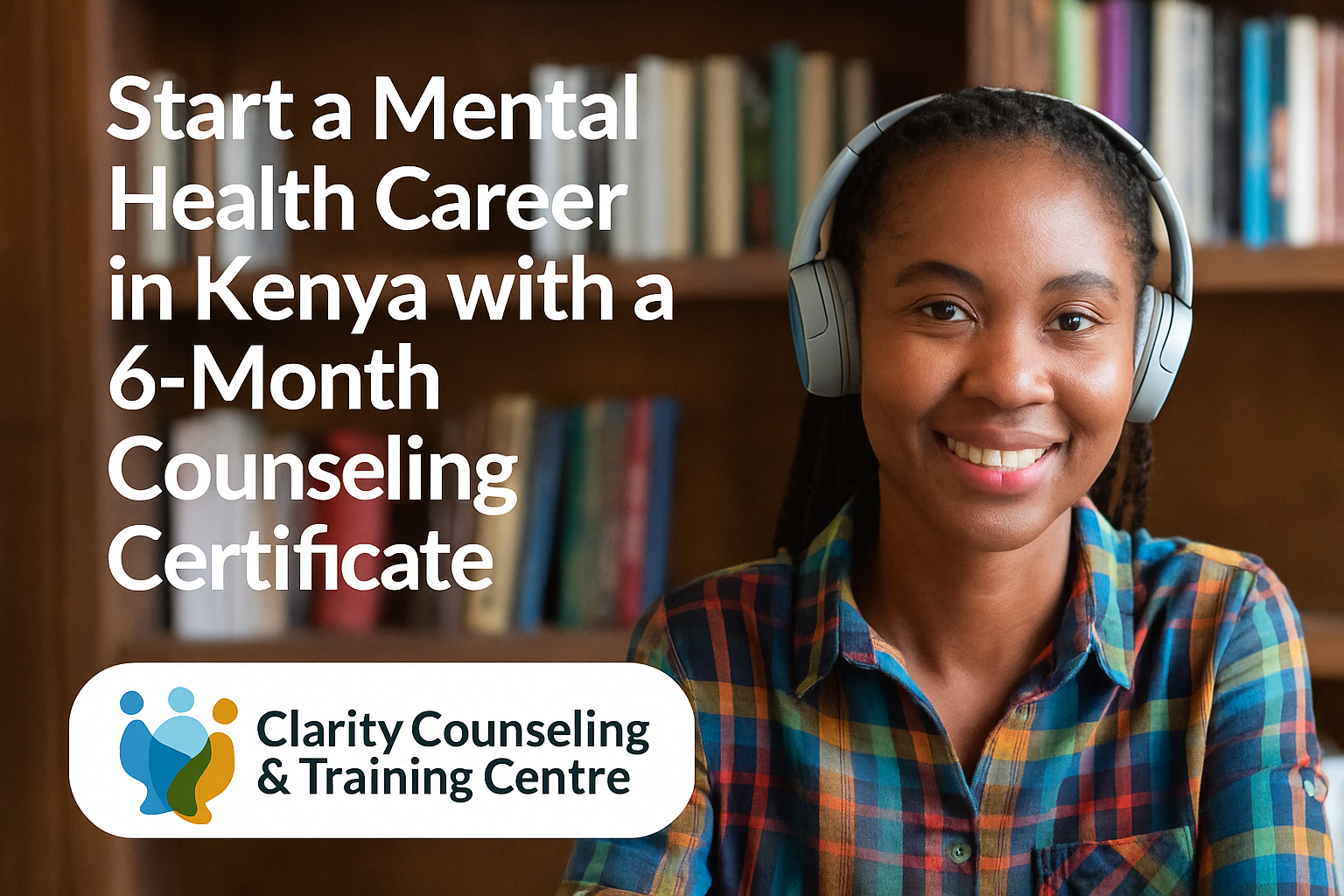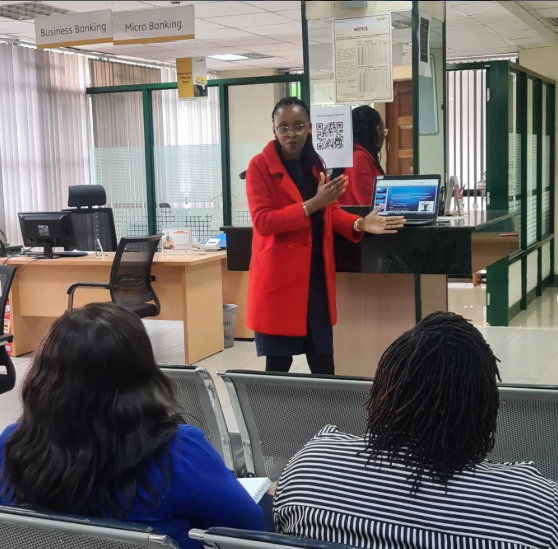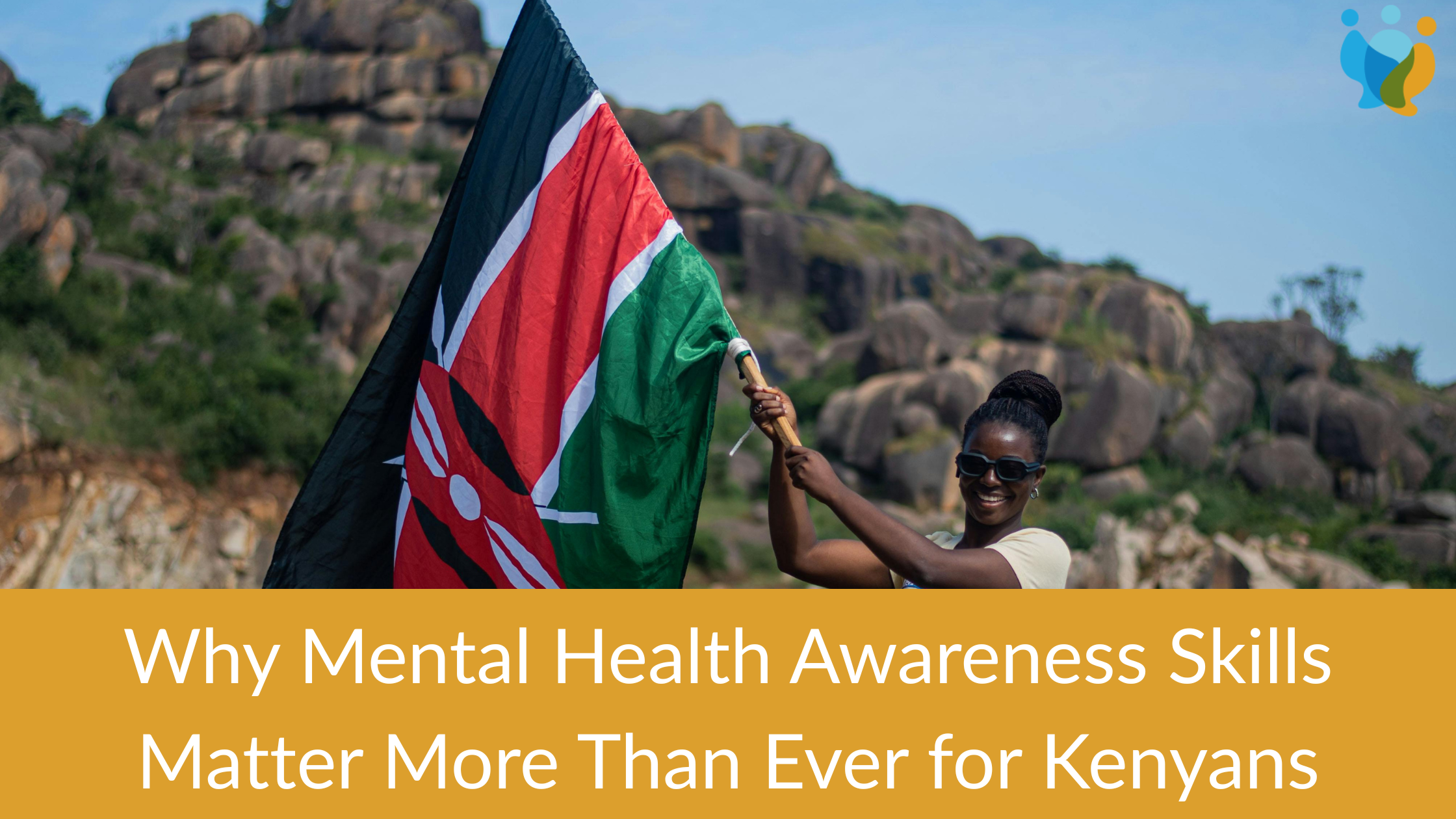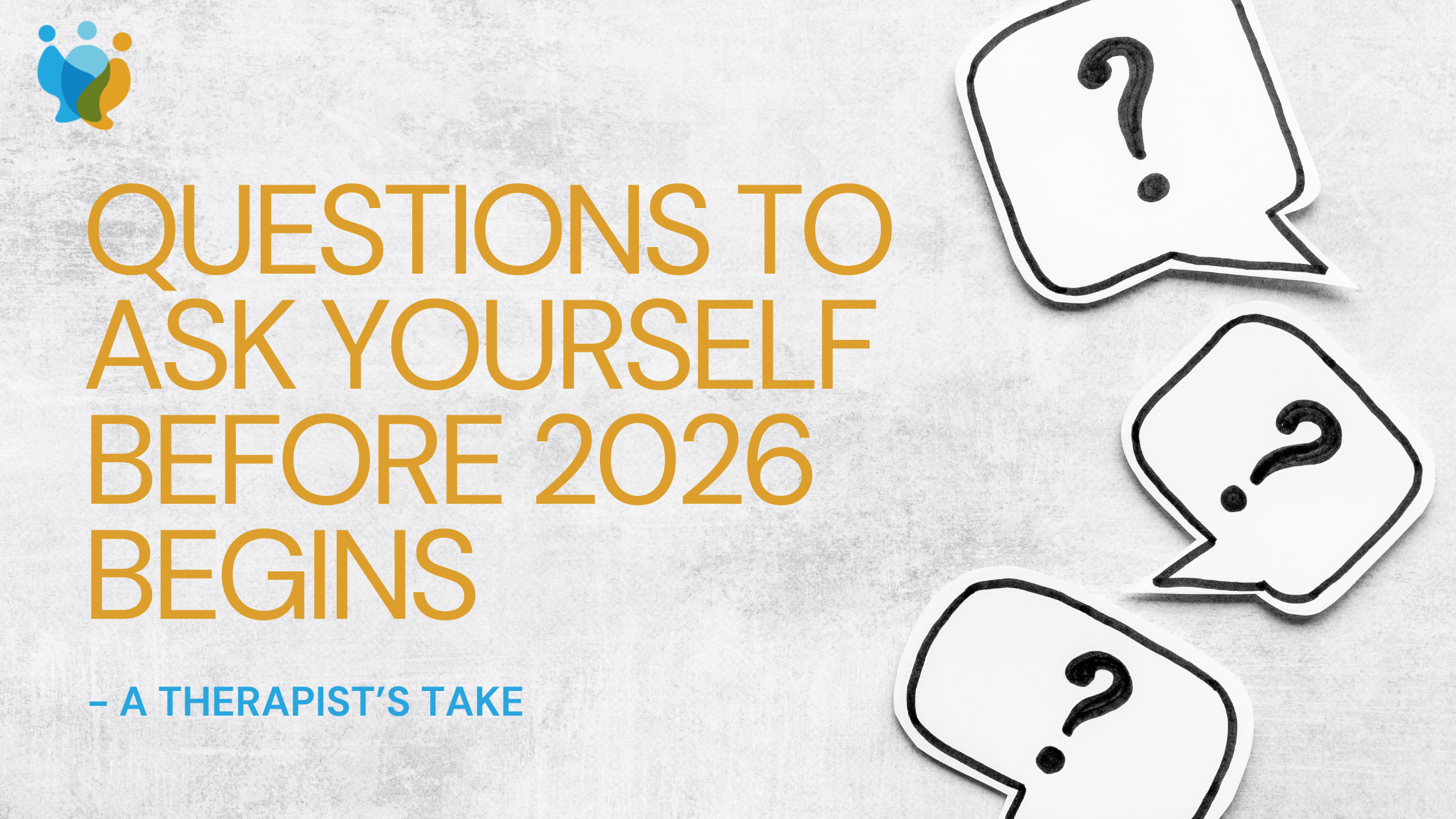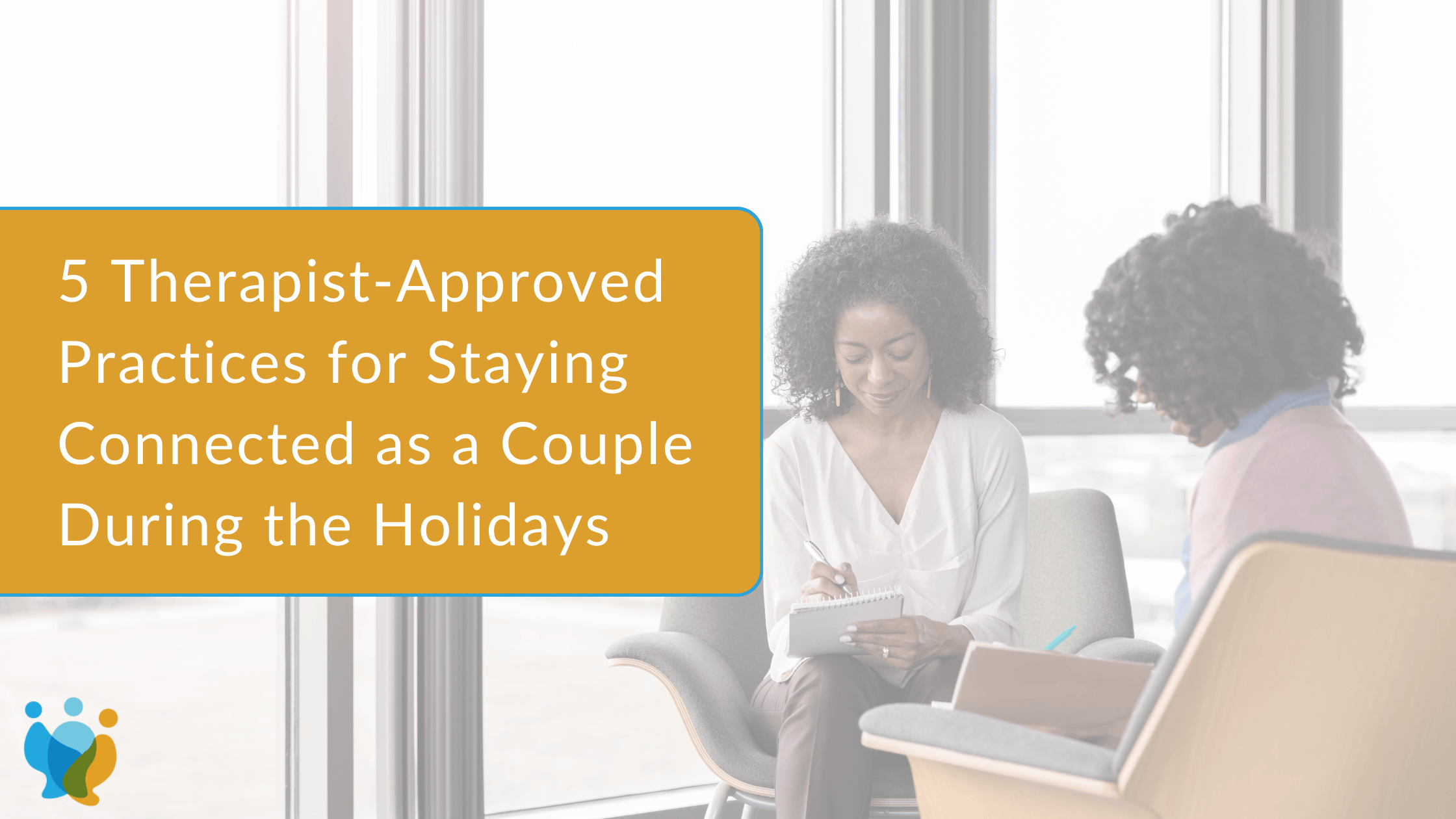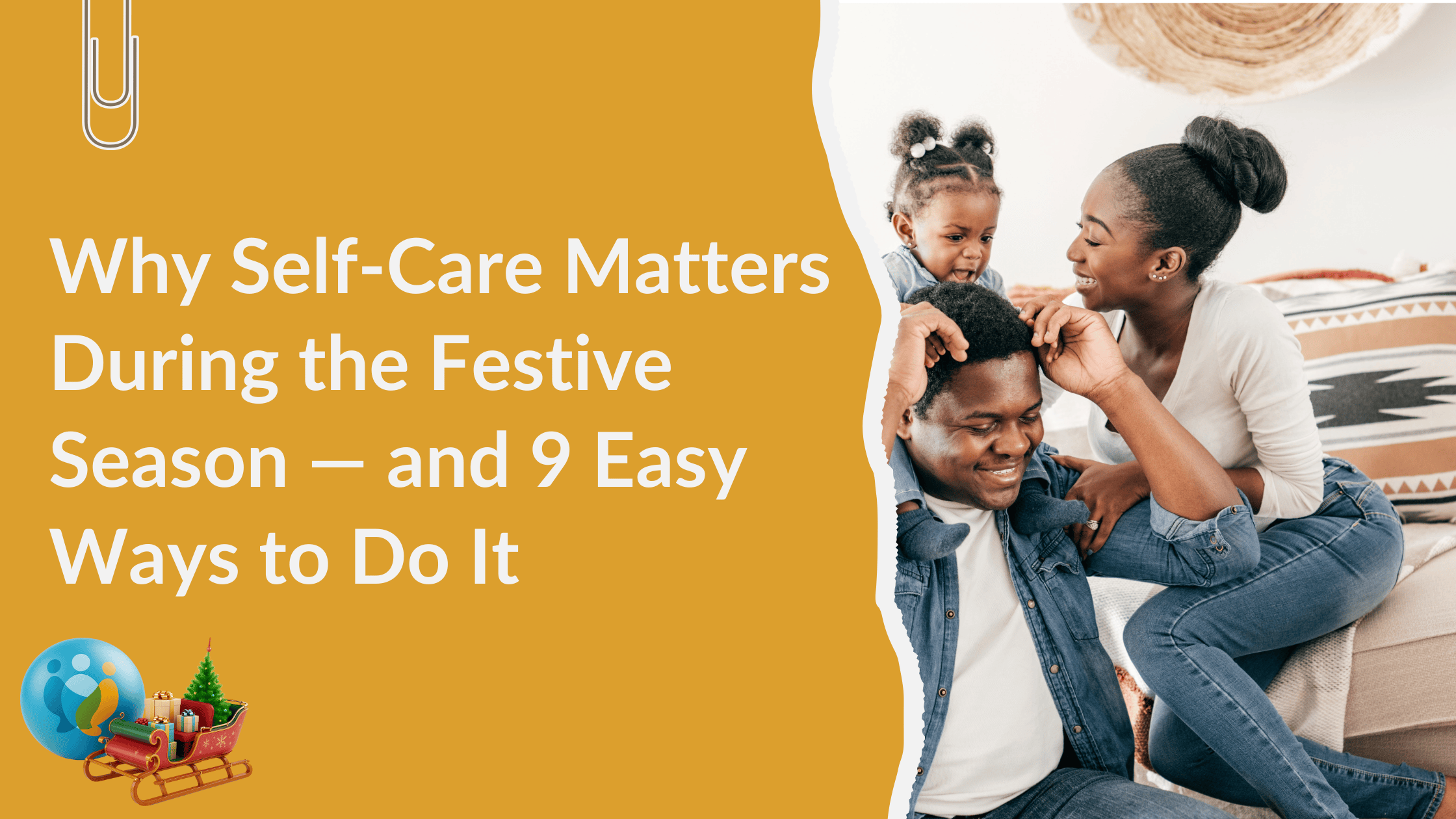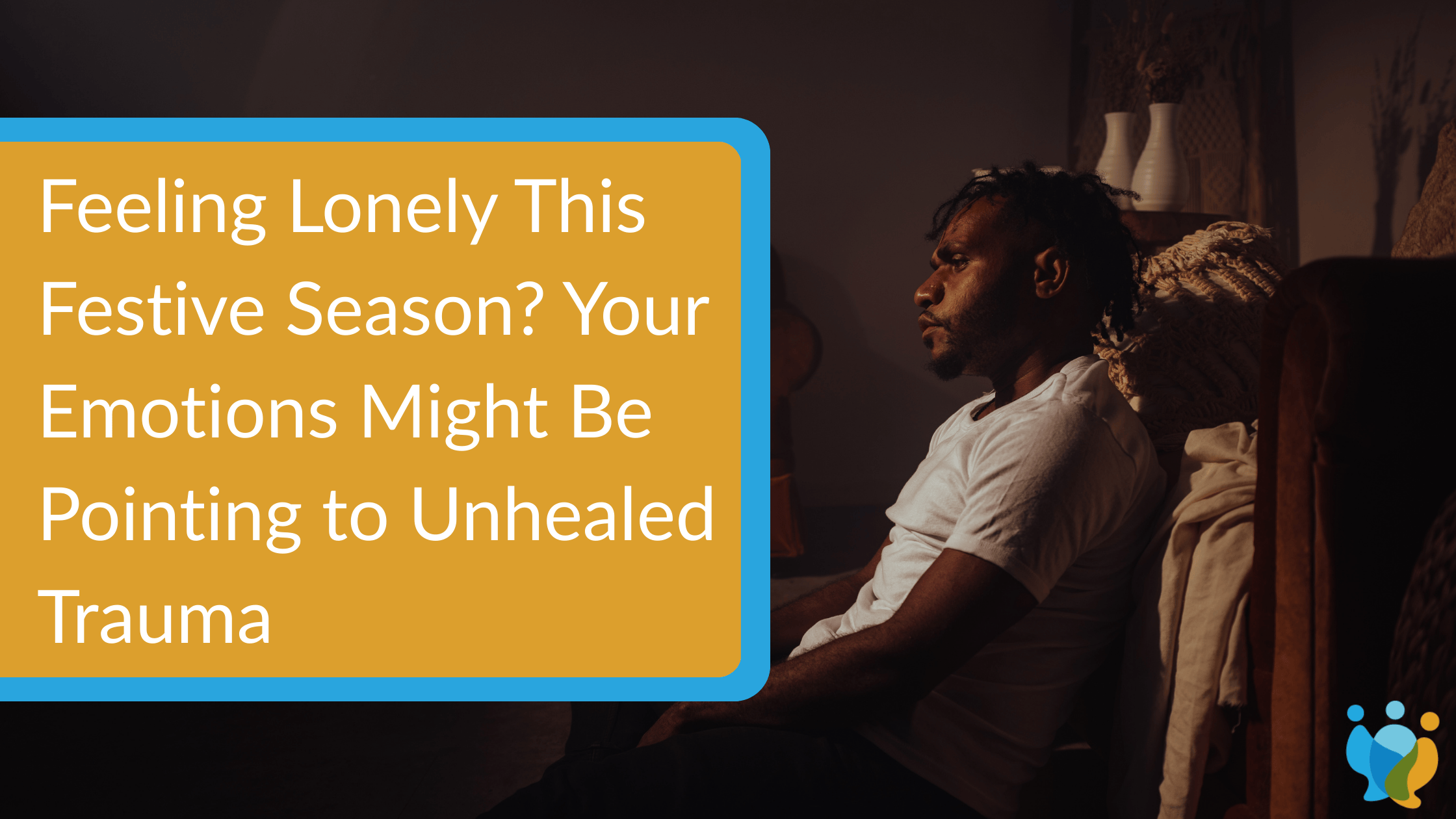5 Proven Strategies to Boost Your Self-Awareness

5 Proven Strategies to Boost Your Self-Awareness
Have you ever wondered why you react a certain way in specific situations or why some decisions feel more aligned with your true self than others? This is part of self-awareness. Being self-aware means having a clear view of your:
- Personality
- Strengths
- Weaknesses
- Thoughts
- Beliefs
- Motivation
- Emotions
Self-awareness is like having an internal compass that guides you through life. It makes you better equipped to handle relationships, make informed decisions, and pursue personal growth. However, self-awareness isn’t something you’re born with—it’s a skill you can acquire and refine over time. In the next section, we will discuss five proven strategies to boost self-awareness.
1 – Keep a Daily Journal
Imagine having a trusted confidant who is always ready to listen and available at any time of day. That’s what a journal can be for you. Unlike the predictable routine of checking your phone first thing in the morning, journaling offers a fresh start each day. Pick up a pen, open a blank page, and let your thoughts flow freely.
As you write, you might be surprised by what emerges. Perhaps you’ll notice a recurring worry about an upcoming presentation or recognize a pattern of self-doubt in your interactions with colleagues. These insights are the building blocks of self-awareness.
The beauty of journaling lies in its flexibility. You might prefer random writing one day, a structured reflection on your goals the next, or even a creative story that reveals your subconscious desires. Putting your thoughts on paper aids in clarifying your emotions, simplify complex issues, and track your personal growth over time. Here is a step-by-step process to start journaling:
- Decide whether you prefer writing in a tangible notebook or using a digital app.
- Allocate a specific time each day for journaling, such as first thing in the morning or before bed.
- Write freely, and don’t worry about grammar or structure.
- Write about significant events, your reactions, and any patterns you notice.
- Describe how you felt throughout the day and try to identify the triggers for these feelings.
- Prompt deeper reflection with questions like “Why did I react that way?” or “What can I learn from this experience?”
There’s no “right” way to journal. The only rule is consistency. Whether it’s five minutes or an hour, make it a daily habit.
Related: Why Don’t People Like Me? 10 Eye-Opening Reasons Why and How to Fix It
2 – Ask for Feedback from Others
We all have blind spots—aspects of our personality or behavior that are obvious to others but invisible to us. That’s where feedback comes in, serving as a mirror to reflect the parts of ourselves we can’t see on our own. Seeking feedback isn’t about fishing for compliments or subjecting yourself to criticism. It’s about gathering valuable data to enhance your self-understanding.
Start with people you trust. It could be a close friend, a mentor, or a colleague you respect. Instead of asking vague questions, be specific. “How do you think I handle stress?” or “What do you see as my biggest strength in team projects?” These targeted inquiries yield more useful information than a general “How am I doing?”
When you receive feedback, resist the urge to defend yourself. Listen actively, ask follow-up questions, and thank the person for their honesty. Remember, their perception is their reality, even if it differs from your self-image.
Learning happens when you compare feedback from multiple sources. Look for patterns. If three people mention your ability to remain calm under pressure, that’s likely a genuine strength. If you consistently hear that you interrupt others, it might be time to work on your listening skills. Asking for feedback also helps boost self-awareness by:
- Providing external perspectives that complement your internal reflections.
- Highlighting blind spots in your self-perception.
- Offering insights into how your behavior impacts others.
- Helping you understand the gap between your intentions and your actions.
- Encouraging open communication and vulnerability, which can strengthen relationships.
Feedback can be uncomfortable, but it’s a powerful tool for growth. When you regularly seek and reflect on others’ perspectives, you’ll develop a more comprehensive understanding of yourself, bridging the gap between your intentions and your impact on others.
3 – Take Personality Assessments
Personality assessments offer a structured window into your identity, providing insights that might take years to uncover on your own. They’re like a psychological camera, capturing your traits, preferences, and tendencies at a particular moment in time.
But don’t mistake these assessments for fortune-telling. They’re tools for exploration, not absolute truths about you. The real value lies not in the results themselves but in how you reflect on and apply the insights they provide. The following table highlights some common personality tests and what they test.
| Personality Test | What it Measures |
| 16personalities | Description of who you are and why you do things the way you do |
| Big Five Personality Traits | Openness, Conscientiousness, Extraversion, Agreeableness, and Neuroticism |
| CliftonStrengths | Identifies individual talents and strengths |
| Motivational Assessment Scale (MAS) | Work motivation and satisfaction |
| Emotional Intelligence Test | Ability to perceive, understand, fully manage, and use emotions |
When taking these assessments, honesty is crucial. Respond based on who you are, not who you wish to be. After receiving your results, carefully consider the explanations provided. How do they align with your self-perception? Where do they challenge the assumptions you have about yourself?
Even better, apply for a short-term emotional intelligence course and become emotionally self-aware.
4 – Identify Your Core Values
Identifying your core values is an important step in developing self-awareness. Your core values are the beliefs and underlying principles that direct your decisions, shape your behavior, and define what’s most important to you in life. When you’re clear about your values, you can make choices that go hand in hand with your true self and lead a more meaningful life. Here’s how to identify your core values and use them to boost self-awareness:
- Reflect on experiences: Think about times when you felt most alive, proud, or fulfilled. What values were you honoring in those moments?
- Consider your heroes: Who do you admire most? What qualities do they have that resonate with you?
- Examine your pain points: What situations or behaviors in others upset you most? These often point to values you hold dear.
- Use a values list: Review a comprehensive list of values and select those that resonate most strongly with you.
- Prioritize: From your selected values, narrow down to 5–7 core values that feel essential to who you are.
- Define what they mean to you: Write a personal definition for each core value to clarify its significance in your life.
- Assess your current life: Evaluate how well your current choices and behaviors align with your identified values.
With your core values clarified, you gain a powerful resource for decision-making and self-awareness. They become a litmus test for life choices, helping you understand why certain paths feel right while others don’t fit. When your actions align with your values, you’ll likely feel a sense of authenticity and purpose. When they don’t, the mismatch can alert you to areas needing attention or change.
Identifying your core values isn’t a one-time exercise. As you grow and experience life, your values may need improvement. Regular reflection on your values ensures your internal compass stays on course, guiding you towards a life that feels genuinely yours.
Learn more: Stuck in Your Ways? 6 Benefits Why Change is Necessary for Growth
5 – Challenge Your Assumptions

We all carry an invisible bag filled with assumptions about ourselves, others, and the world around us. These assumptions act like filters, coloring our perceptions and influencing our decisions, often without our awareness. Challenging these assumptions is like unpacking that bag, examining each item, and deciding whether it still serves you.
Start by becoming a detective in your own life. Pay attention to your automatic thoughts and reactions. When you find yourself thinking, “That’s just the way things are,” or “I could never do that,” pause. These absolute statements are often red flags for unchallenged assumptions.
Once you’ve identified an assumption, get curious. Ask yourself, “Why do I believe this? Where did this belief come from? What evidence do I have for and against it?” You might be surprised to find that some of your long-held beliefs are based on outdated information or limited experiences.
Push yourself further by actively seeking out perspectives that contradict your assumptions. For example:
- Reading books by authors with different backgrounds
- Engaging in conversations with people who hold opposing views
- Putting yourself in unfamiliar situations
The goal isn’t to change your mind necessarily but to broaden your understanding.
Challenging your assumptions can feel uncomfortable at first. It’s natural to experience resistance when questioning beliefs that have felt true for a long time. But this discomfort is a sign of growth. As you practice, you’ll develop mental flexibility.
Challenging your assumptions enhances self-awareness by revealing the invisible lenses through which you view life. You might discover unconscious biases influencing your interactions with others, or uncover limiting beliefs holding you back from pursuing your goals. Each assumption you examine is an opportunity to align your beliefs more closely with your authentic self and values.
In doing this, the aim isn’t to discard all your assumptions. Some may prove valid and useful. Instead, it’s about developing a habit of critical thinking and open-mindedness. As you continue to challenge your assumptions, you create space for new ideas, promote empathy for different perspectives, and cultivate a deeper understanding of yourself and the world around you.
Need Help Becoming More Self-Aware?
If you’re looking for personalized assistance in your self-awareness journey, consider reaching out to Clarity Counseling and Training Centre. Our experienced therapists in Nairobi specialize in helping individuals like you gain deeper insights into your thoughts, emotions, and behaviors. Through tailored therapy sessions, you can explore your patterns, challenge your assumptions, and develop strategies for personal growth in a safe, supportive environment. Book a session with us today.

